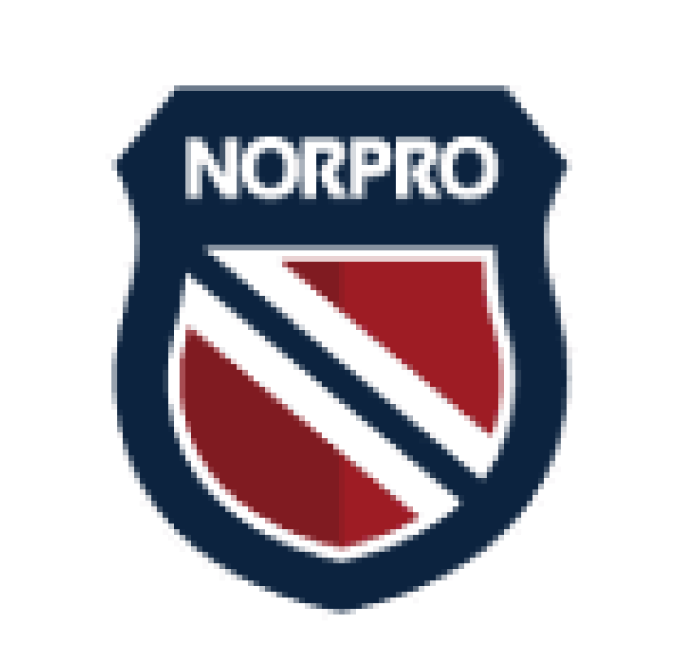ISO Implementation and Auditing (Quality 9001 and H&S 45001)
Norpro H&S is well-versed in the development and implementation of ISO quality and health and safety. Whether you're aiming for ISO certification or want to enhance your quality and/or workplace safety, we tailor programs to meet your specific business needs. We take pride in our own ISO Certification and aim to help businesses of all sizes achieve the same standard.
Our team provides support services tailored to the specific needs of your organization that range from the initial gap analysis to full implementation and certification support, including:
- Conducting training sessions for employees and management on ISO standard requirements, key benefits for the workplace and effective implementation strategies.
- Updating and/or developing internal policies, risk assessments, procedures and monitoring tools to align with standard requirements.
- Providing hands-on support when setting up processes and assisting in integrating with existing management systems, if applicable.
- Conducting internal audits to evaluate the effectiveness of the management system, to identify non-conformities and areas for improvement.
- Aiding with preparation for external certification/surveillance audit(s).
By leveraging Norpro’s management system consulting services, organizations can effectively implement a robust management system, ensuring a safer, more effective and efficient workplace compliant with international standards.



